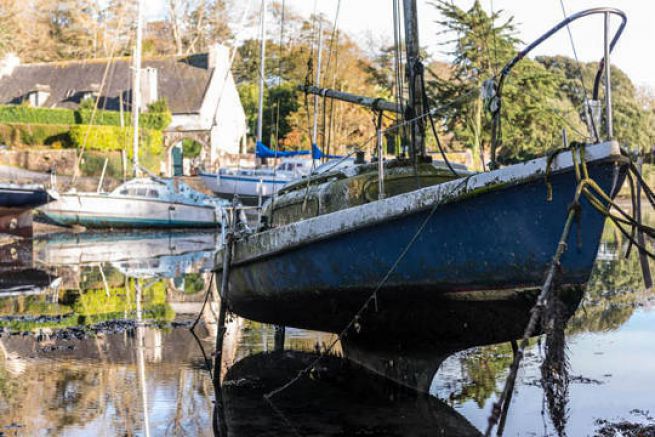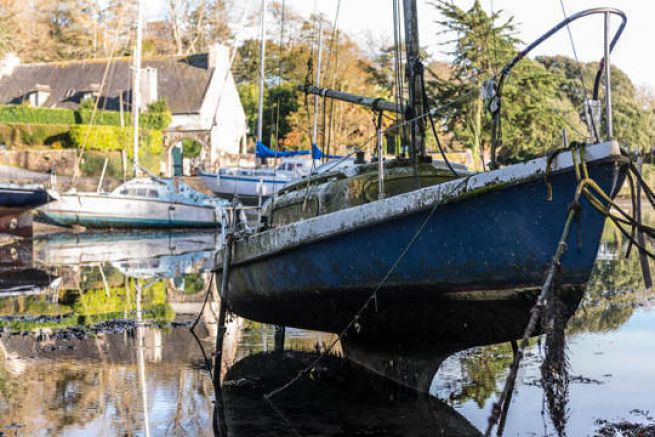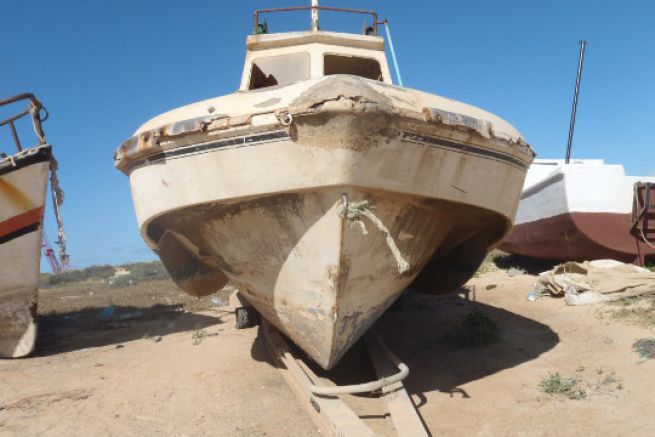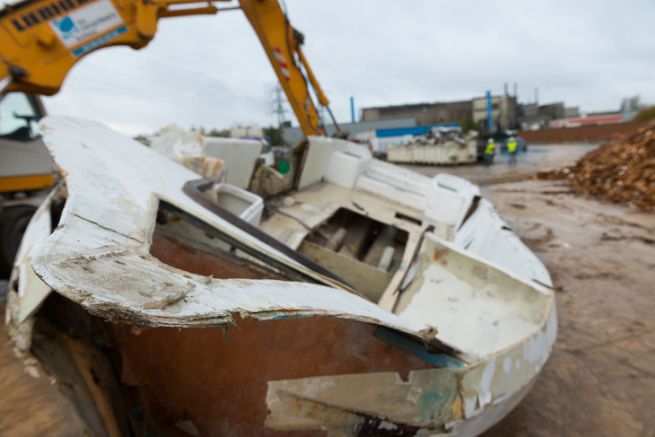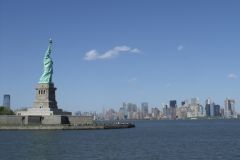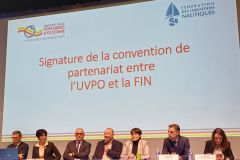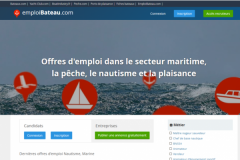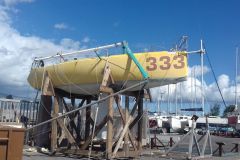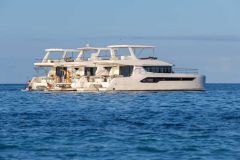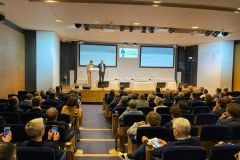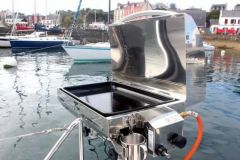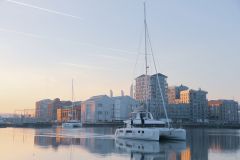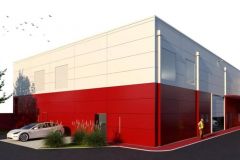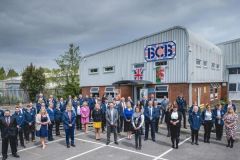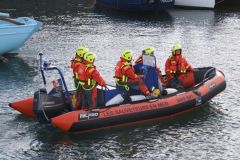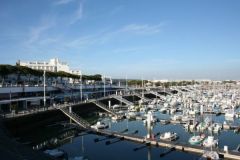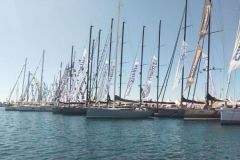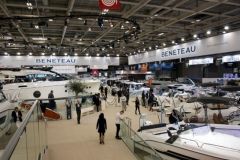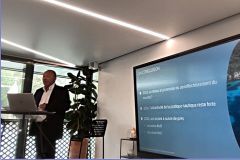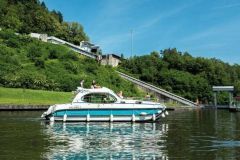A goal shared by all
The draft law on the blue economy, currently being debated in parliament, provides for the establishment of an Extended Producer Responsibility Network, or EPR. It aims to involve producers and owners in financing the end of life of recreational craft. An eco-contribution is paid by the site at the time of the placing on the market and a share is taken on the francization.
The desire to deal with the problem of the deconstruction and recycling of abandoned sailboats and motorboats which encumber the bottom of ports is shared by all. The manufacturers, interested in the renewal of the fleet, are themselves involved and created in 2009 the APER (Association pour la Plaisance Eco-Responsable) in order to federate the actors of the nautical waste management and organize the collection and treatment.
Industrial and political times are not in phase
The text initially proposed by the government provides for entry into force on 1 January 2007 er january 2017. Several attempts have been made to delay application to the 1 er january 2018. The nautical sector, like the Fédération des Industries Nautiques FIN, fears today that the amendment to this effect passed in the Senate on the night of 23 March will be withdrawn by the government in a joint committee.
Boating and recycling professionals argue that no serious impact study has been conducted. APER decided to conduct its own study at three French sites to assess the impact on the boating industry.
The timetable announced by the administration is considered"unrealistic and inapplicable" by the APER.
It remains today for public and institutional actors to find a solution to launch, without excessive delays and under good conditions, a recycling and deconstruction sector, necessary to our environment.

